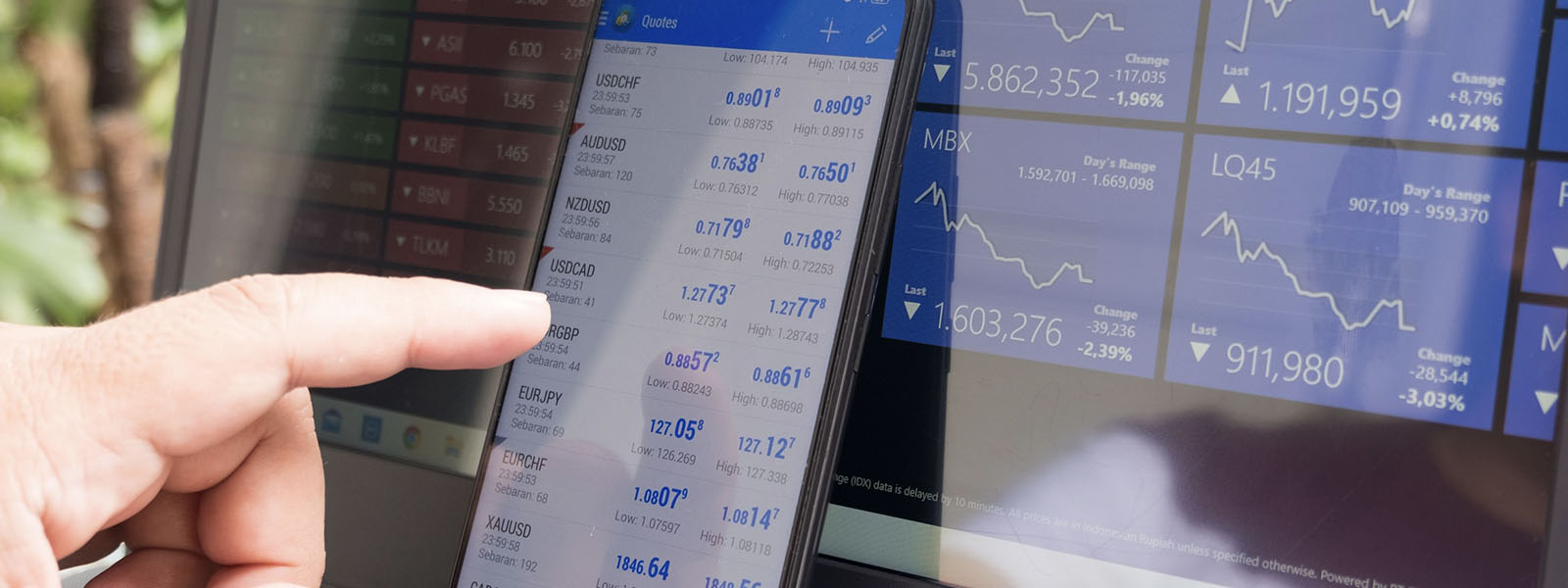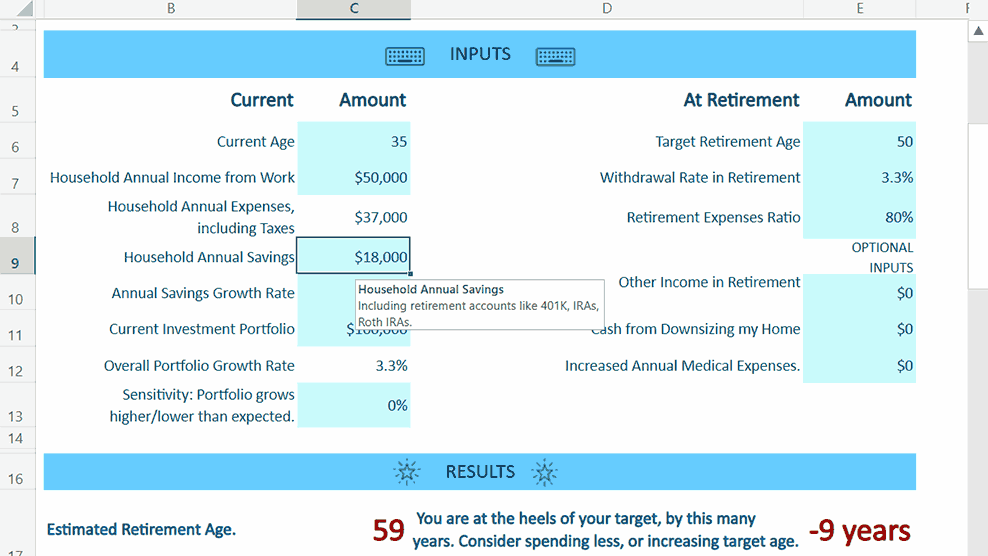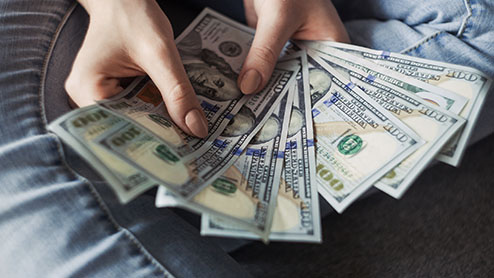What Economic Factors Cause Inflation?
If you notice that your favorite grocery store or gas station’s prices are creeping higher, you’re not alone. There are reasons you might not be able to stretch your dollar like you used to, including inflation.

What Is Inflation?
Inflation is a rise in the prices of goods and services over time and its connection to the decline of purchasing power. You might see inflation expressed as a percentage of how much the average price of something has changed. However, it’s important to note that inflation doesn’t just describe the prices of a handful of items at your local store. Inflation describes how prices increase for everyday goods and services that you may need to live a comfortable life, like groceries, gas, electricity, healthcare, entertainment, and labor.
Who Is Impacted by Inflation?
While inflation affects anyone who buys or sells a good or service, it can impact people in different ways. For example, if you’re trying to increase your savings or are living on a fixed income, inflation may be a big hinderance to you. The prices of the things you need to live will increase with inflation even though your income is staying the same, and the real value of your savings declines. If you have a loan with a variable interest rate, like a mortgage, you may see an increase in how much you pay each month because the government may increase interest rates during an inflation period.
On the flip side, businesses that have high amounts of debt might benefit from inflation more than the average consumer. These businesses can increase their prices and use the extra profit to pay off more debt. Banks can also increase their interest rates for loans during an inflation period.
What Causes Inflation?
To find out how inflation might impact your finances, it’s important to know what’s causing inflation. Major changes in how money is circulated through the economy are typical causes of inflation. Some of the most common inflation causes are demand-pull, cost-push, an increased money supply, devaluation, increased wages, and government policies.
Demand-pull inflation
Demand-pull inflation occurs when people want to buy a good or service at a faster rate than it can be produced. With this type of inflation, demand surpasses supply, so the limited amount of supplies increase in cost. If sellers don’t increase the prices of their goods, they can run out more frequently due to lack of production time or scarce materials. When a high number of sellers raise prices, this can cause a pattern that the central bank recognizes. The economic change may not only affect one specific market, but it can also lead to a ripple effect of inflation in other markets.
Cost-push inflation
Cost-push inflation happens when the seller or producer of a good or service experience higher expenses and pass those increases along to consumers. For example, a restaurant that gives their employees a raise may also increase the price of the menu options to help balance out the finances.
Increased supply of money
If the Federal Reserve circulates too much money—including cash, coins, balances, and bank accounts—inflation may occur. An increased money supply may not always align with the speed that products are being created, so they’ll be too much unspent money and not enough goods or services to buy. This excess in money can lower the value of the dollar.
Devaluation
Devaluation can lead to inflation by decreasing how valuable a country’s dollar is. Once a country’s currency is decreased in value, its exports become less expensive. This may cause other countries to buy more exports and may also help those countries increase the value of their currencies.
Increased wages for workers
While increased wages are beneficial to employees, it’s considered an expense to businesses. Some businesses may choose to pass the cost on to consumers, which can lead to cost-push inflation. While other wage increases, like state mandated ones, may heighten the demand for goods or services and potentially spike prices when the production levels are low.
New laws, policies, and regulations
Government laws and policy changes, like tax subsidies, creating stricter building regulations, and attempting to stabilize rent, can cause inflation. These policy changes can increase demand faster than supply production, increase business costs, and even encourage a pattern of businesses passing these increases off to consumers.
How to Protect Your Money During Inflation
Managing strong finances during an inflation period can be difficult. However, there are ways you can use your money smartly so that an inflation isn’t completely devaluing your hard-earned dollar. Creating a budget, investing in stocks and bonds, streamlining your larger bills, and limiting how many major purchases you buy can all potentially help you during an inflation period.
Contact any relevant financial institutions for your mortgage, credit cards, investment accounts, and bank accounts to see if there are any relief options for your interest rates. An inflation isn’t a permanent economic state, so there’ll be ways you can improve your finances once everything levels out.

Get started with Microsoft 365
It’s the Office you know, plus the tools to help you work better together, so you can get more done—anytime, anywhere.
Learn more












